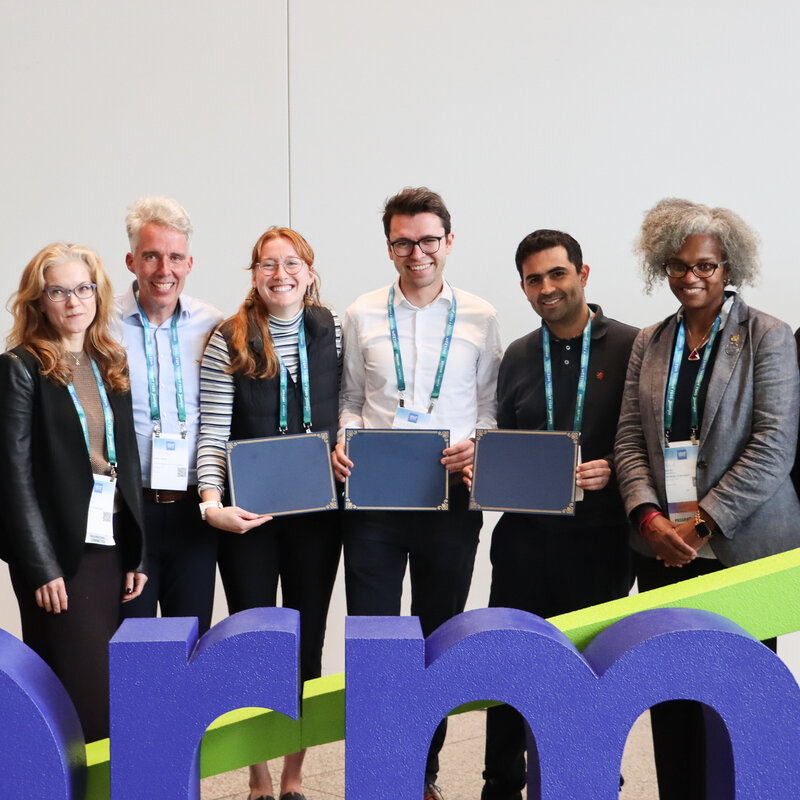Alexander Rose is researching the use of satellite imagery to better predict and verify supply chain carbon emissions
Companies active around the world have committed to reduce their carbon emissions and achieve “net-zero” status by the year 2050, in accordance with the targets set by the Paris Agreement. However, supply chain emissions data needed to achieve this goal often lacks accuracy due to heterogeneous calculation standards. To better verify and predict supplier carbon emissions now and in the future, WHU doctoral student Alexander Rose and Professor Stefan Spinler (Chair of Logistics Management) have opted to evaluate emission data derived from satellite imagery. This highly promising and innovative research method recently earned Alexander Rose the first-place win in the “Smarter Decisions for Planet” category at this year’s INFORMS Annual Meeting in Seattle, Washington, besting nearly 120 other candidates from the world over.
“It was a great privilege to be part of such a large and international community of researchers and professionals. They are all working together to make intelligent decisions for the benefit of our planet and to reduce greenhouse gases on a global level,” said Rose after the awards ceremony. “We thank the panel of judges at INFORMS for supporting our work. We will continue to refine our model and affirm its viability in practice.”
More accurate verification of global supply chains through satellite imagery
The research duo’s approach allows for the transparent, globally comparable, and more accurate measurement of supply chain Scope 3 emissions on an international level—something that has, to date, been lacking. Scope 3 concerns “indirect” emissions, that is, greenhouse gases emitted by or through sources that the company in question does not own or manage. These emissions often account for the largest share of a company’s carbon footprint, particularly in the automotive and machinery industries.
To better verify and predict the emissions produced along the supply chain, Rose and Professor Spinler are making good use of Climate Trace, a satellite-supported emission database introduced in 2023 at COP28 that has not yet been widely adopted in supply chain research. The pair took that data and combined it with self-reported emissions data along select supply chains, as well as economic data on the flow of goods across the globe.
INFORMS Annual Meeting
The Institute for Operations Research and the Management Sciences is the largest organization of its kind. Based in the United States, its Annual Meeting is dedicated to making “Smarter Decisions for a Better World.” This year’s conference, held in Seattle, Washington, welcomed more than 6,000 students, researchers, scientists, industry experts, and corporate representatives. Before the event opens, the organization calls for submissions to its poster competition, divided into several categories. The researchers then present their findings to a panel of expert judges, who then determine the winner.
Alexander Rose and Professor Spinler’s completed study will be published in 2025.

